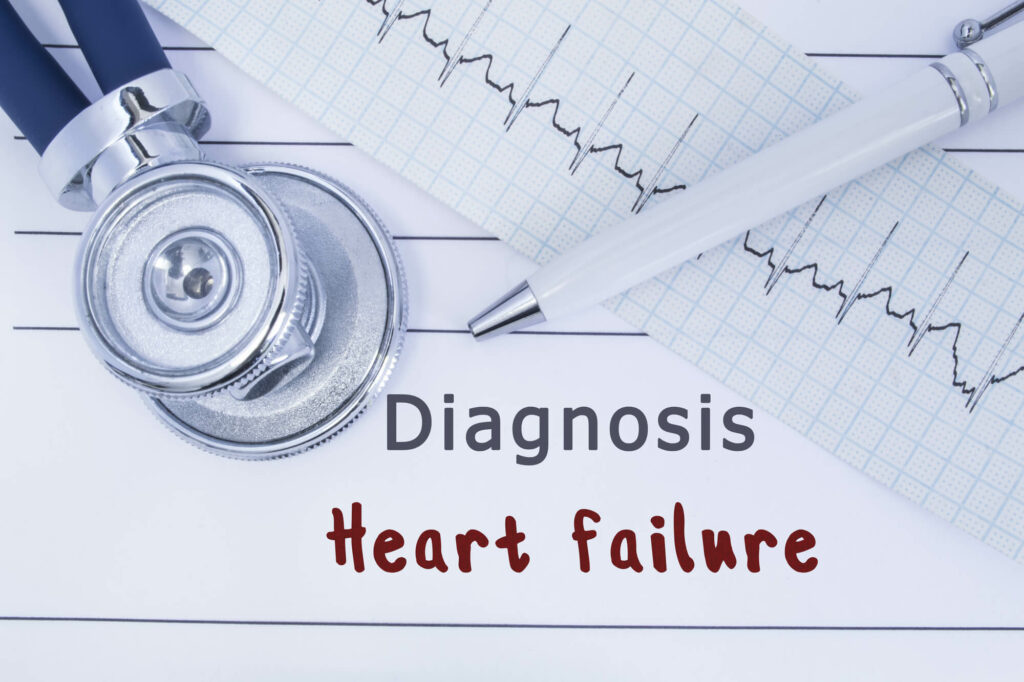
Unveiling the Potential of Stem Cells in Treating Myocardial Infarction and Congestive Heart Failure
Cardiovascular diseases pose a significant health burden worldwide, affecting millions of individuals. Among the leading causes of cardiovascular conditions are myocardial infarction (heart attack) and congestive heart failure.
However, a glimmer of hope emerges from the realm of regenerative medicine—stem cell therapy.
In this blog post, we will delve into the exciting potential of stem cells in treating myocardial infarction and congestive heart failure, exploring the latest research findings from stem cell doctors in Franklin and shedding light on the promising future of cardiac regeneration.

Stem Cell Therapy for Myocardial Infarction and Congestive Heart Failure
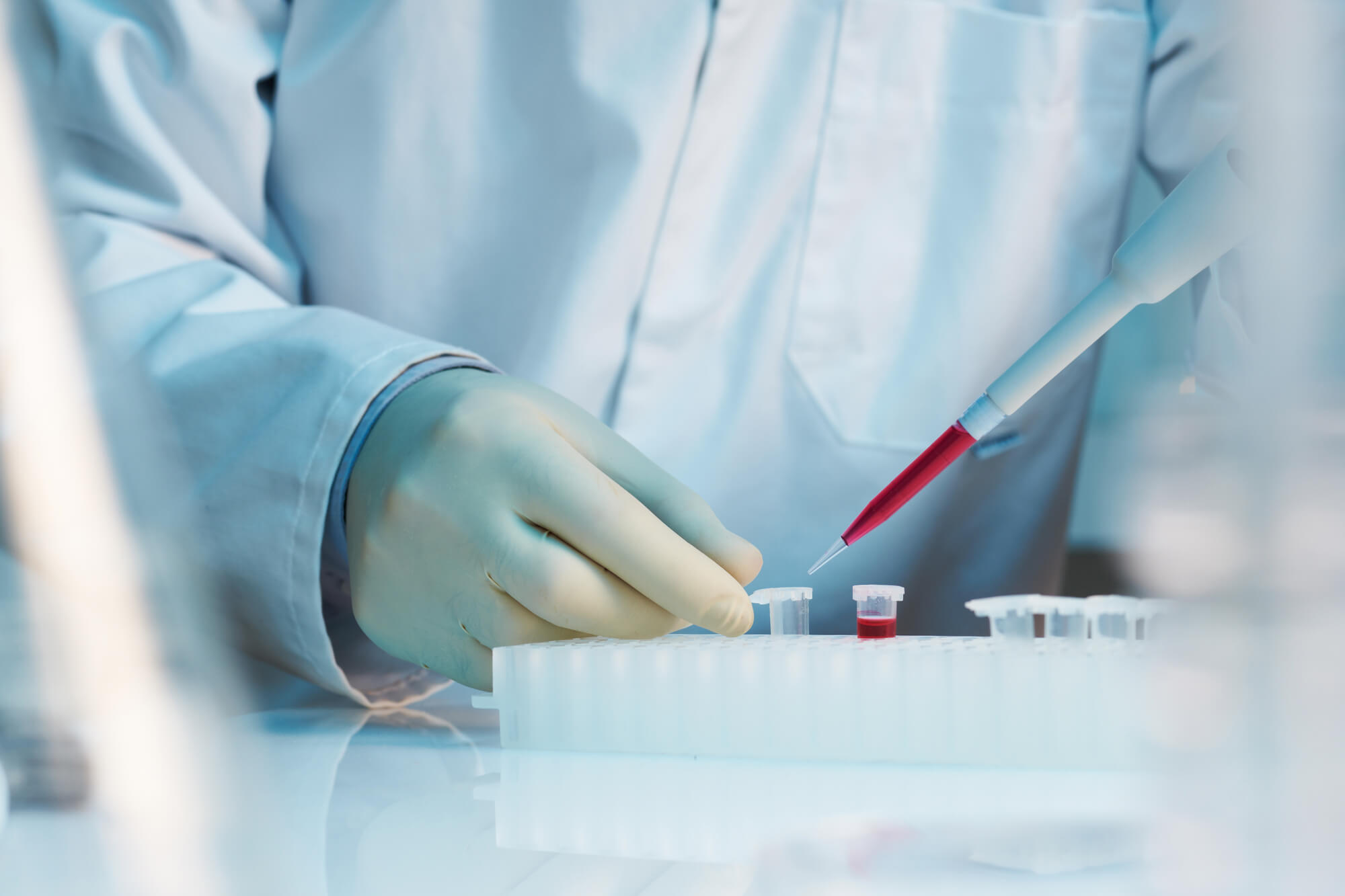
What Is Myocardial Infarction?
Myocardial infarction, commonly known as a heart attack, occurs when there is a sudden blockage of blood supply to a part of the heart muscle. It is usually caused by forming a blood clot in one of the coronary arteries responsible for delivering oxygen-rich blood to the heart.
When the blood flow to the heart muscle is obstructed, the affected area becomes deprived of oxygen and nutrients, leading to its damage or death. The lack of blood flow to the heart can result in chest pain or discomfort, shortness of breath, sweating, and other symptoms.
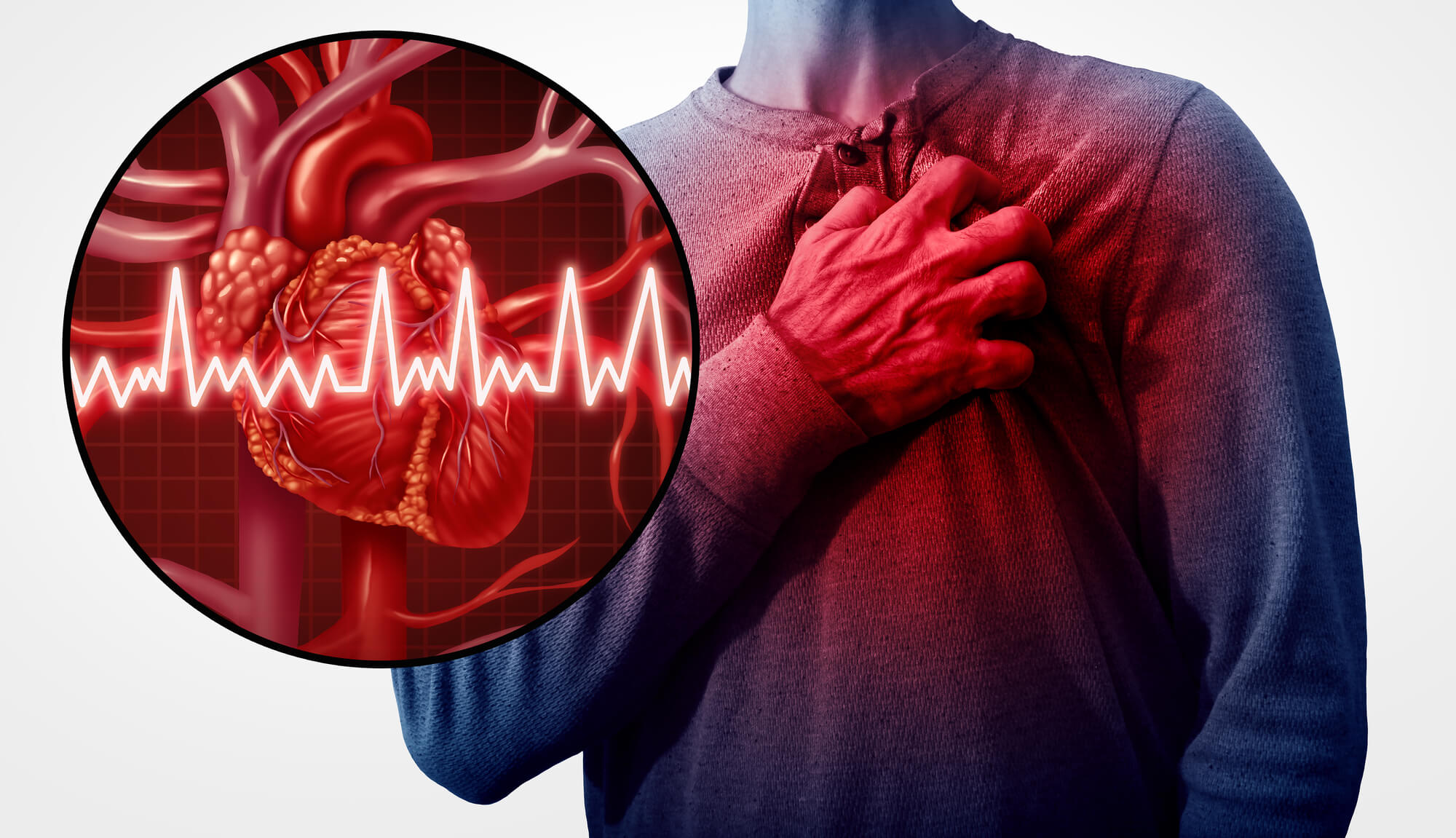
What Is Congestive Heart Failure?
Congestive heart failure (CHF) is a chronic condition characterized by the heart’s inability to pump blood effectively, leading to fluid buildup and congestion in various parts of the body. It occurs when the heart muscles become weak, stiff, or damaged, impairing the heart’s ability to fill with or eject blood.
In CHF, the weakened heart struggles to meet the body’s demands for oxygen and nutrients, resulting in fatigue, shortness of breath, fluid retention (edema) in the legs, ankles, or lungs, and reduced exercise tolerance. The condition can affect either the left or right side of the heart, sometimes both.
Common causes of congestive heart failure include:
- Coronary artery disease.
- Heart attacks.
- High blood pressure.
- Heart valve diseases.
- Conditions that affect the heart muscles (cardiomyopathies).
- It can also result from long-standing uncontrolled diabetes, kidney disease, or certain lung conditions.

What Are Stem Cells?
Stem cells are undifferentiated cells that can develop into various specialized cell types in the body. They serve as the building blocks of life, playing a crucial role in the growth, development, and repair of tissues and organs.
What sets stem cells apart is their unique properties. They have the capacity for self-renewal, meaning they can divide and produce more identical stem cells, ensuring a constant supply. Additionally, stem cells can differentiate into different cell types through specialization or differentiation. This differentiation can give rise to specific cell lineages such as nerve, muscle, and blood cells.
Stem cells can be classified into different types based on their developmental stage and differentiation potential.
Embryonic stem cells, derived from embryos, are pluripotent and can develop into any cell type in the body.
Adult stem cells are found in various tissues and organs and are multipotent, capable of differentiating into a limited range of cell types specific to the tissue they reside in.
Induced pluripotent stem cells are generated by reprogramming adult cells to revert to a pluripotent state, similar to embryonic stem cells.
The unique regenerative abilities of stem cells have revolutionized regenerative medicine, holding promise for treating various diseases, injuries, and degenerative conditions.
Stem cell therapies aim to replace or repair damaged tissues, promote tissue regeneration, and restore normal function in conditions such as heart disease, neurological disorders, bone and cartilage defects, and more.
Stem cells continue to be a topic of extensive research and exploration as scientists uncover their full potential, seeking to harness their regenerative powers to advance medicine and improve human health.
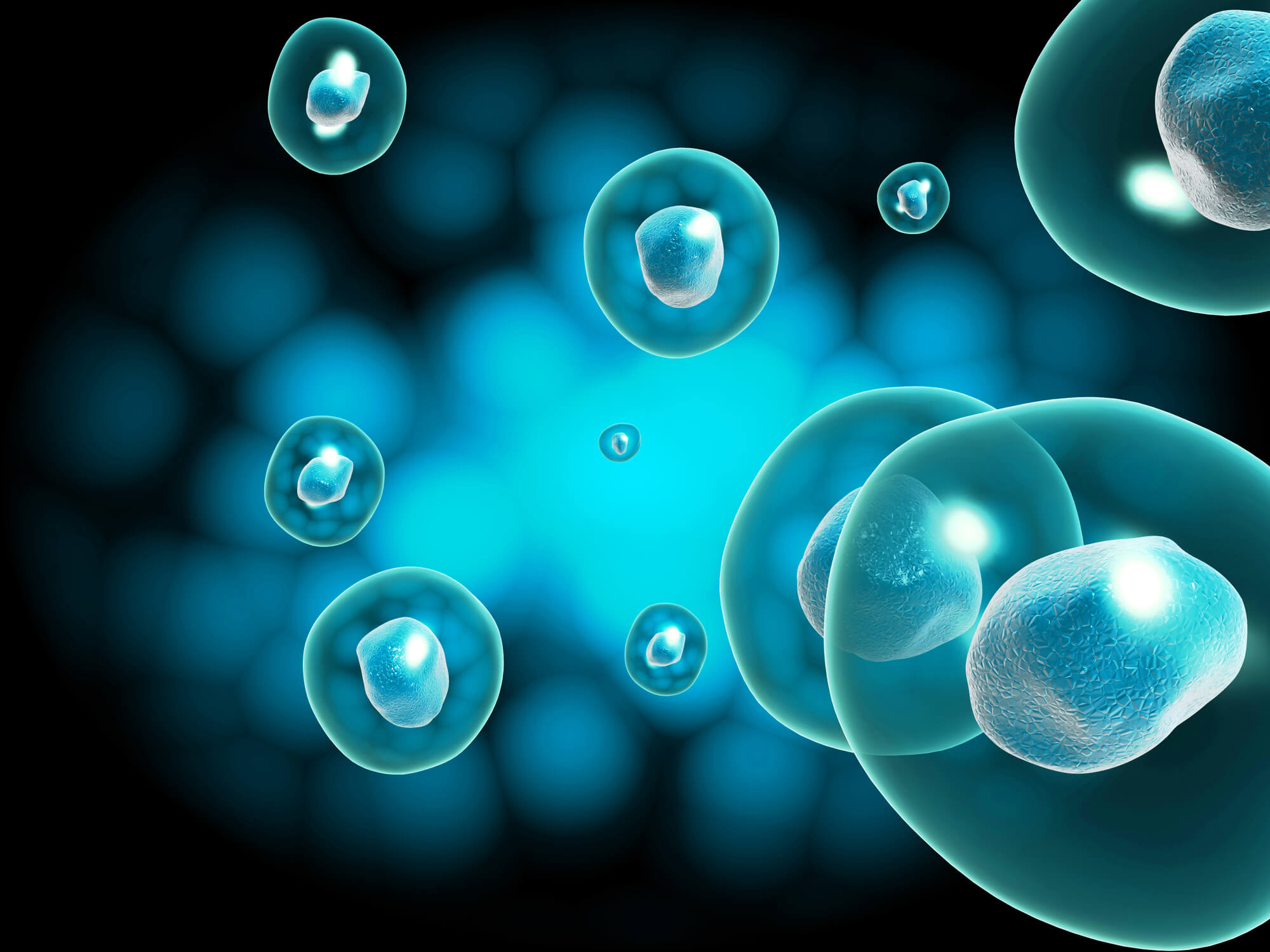
What Do Stems Cells Have to Do With These Conditions?
Stem Cell Therapy for Myocardial Infarction
Stem cell therapy has emerged as a potential treatment avenue for myocardial infarction. Preclinical and clinical studies have demonstrated encouraging results, showcasing the regenerative potential of stem cells in repairing damaged heart tissue.
A groundbreaking study conducted by Dr. Eduardo Marbán and his team at the Cedars-Sinai Heart Institute in Los Angeles demonstrated that intravenous injection of cardiosphere-derived cells (CDCs), a type of stem cell, led to a 50% reduction in the size of heart attack scars in patients. This significant reduction in scar size correlated with improved heart function and enhanced quality of life for the patients.
Stem Cell Therapy for Congestive Heart Failure
Congestive heart failure is a chronic condition characterized by the heart’s inability to pump blood effectively, leading to symptoms like shortness of breath, fatigue, and fluid retention. Stem cell therapy offers a promising avenue for treating congestive heart failure by promoting cardiac repair and regeneration.
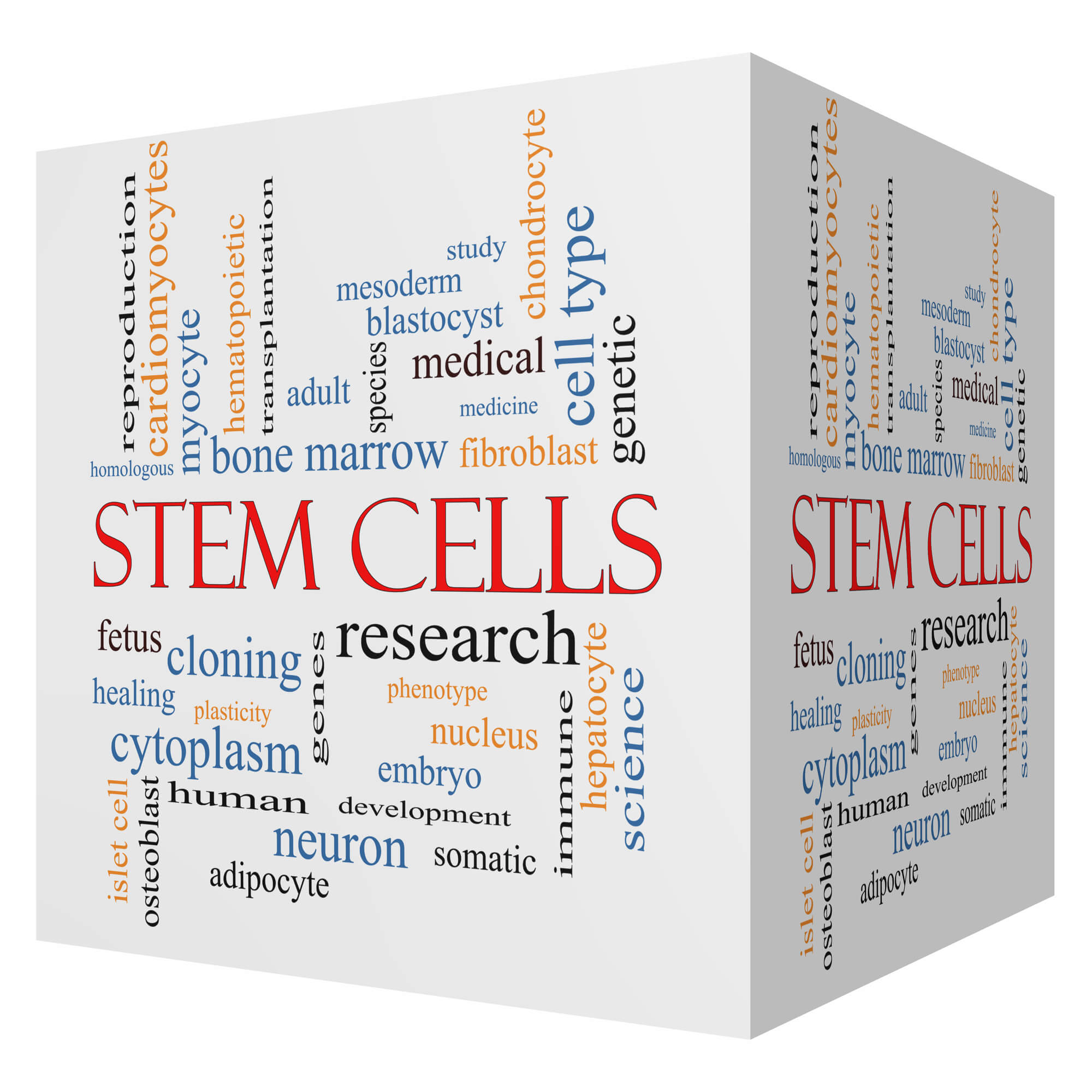
How Are These Conditions Treated?
The treatment options for myocardial infarction (heart attack) and congestive heart failure encompass a range of approaches, including medications, lifestyle modifications, medical devices, and surgical interventions in the case of congestive heart failure.
Stem cell therapy has emerged as a potential treatment avenue for both conditions, offering a regenerative approach to cardiac repair and rejuvenation.
In myocardial infarction, immediate medical care is crucial to restore blood flow to the blocked artery. Reperfusion therapy, such as angioplasty or thrombolytic therapy, aims to reopen the blocked vessel.
Medications, including antiplatelet drugs, beta-blockers, and ACE inhibitors, are prescribed to prevent clotting, manage blood pressure, and improve heart function. Cardiac rehabilitation programs help individuals recover and improve cardiovascular health through supervised exercise and lifestyle counseling.
Medications like diuretics, beta-blockers, and ACE inhibitors alleviate symptoms, improve heart function, and manage blood pressure in congestive heart failure. Lifestyle modifications, such as a heart-healthy diet, exercise, smoking cessation, and fluid intake monitoring, are crucial for long-term management.
Medical devices like implantable cardioverter-defibrillators (ICDs) or cardiac resynchronization therapy (CRT) devices may be implanted to regulate heart rhythm and improve function. Surgical interventions like coronary artery bypass grafting (CABG) or heart transplantation may be considered in severe cases.
Stem cell therapy offers a regenerative approach by utilizing the regenerative properties of stem cells to repair and restore damaged heart tissue.
Stem cells, such as embryonic stem cells, adult stem cells, or induced pluripotent stem cells, can differentiate into heart muscle cells and integrate into the damaged area, promoting tissue repair and functional improvement.
Ongoing research aims to optimize stem cell delivery methods, identify the most effective cell types, and address ethical considerations, aiming to harness stem cell therapy as a viable treatment option for myocardial infarction and congestive heart failure.
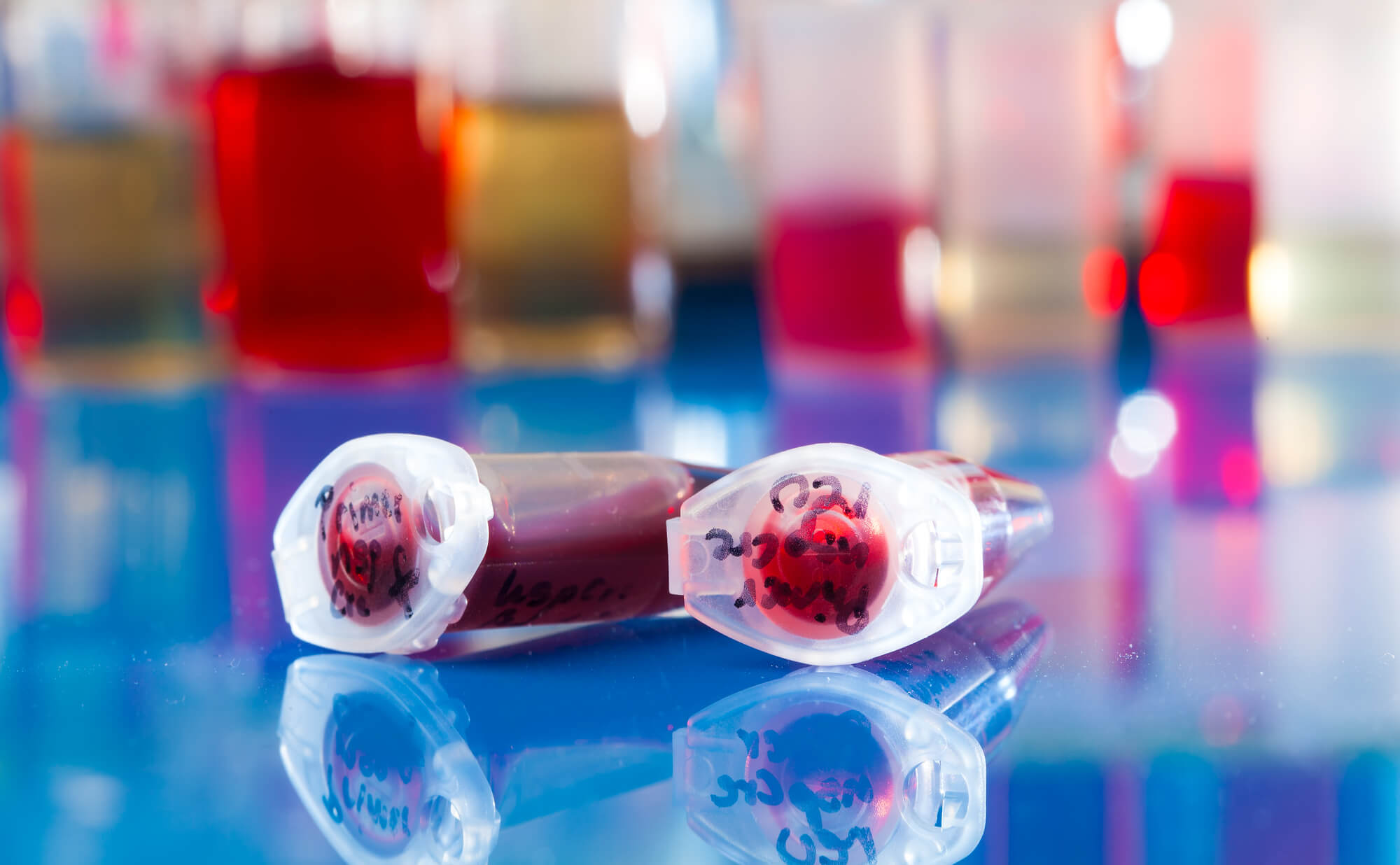
Looking for Stem Cell Doctors in Franklin?
The potential of stem cells in treating myocardial infarction and congestive heart failure is a beacon of hope in regenerative medicine.
The remarkable regenerative properties of stem cells have shown promise in repairing damaged heart tissue and improving cardiac function. Exciting research findings, such as reducing heart attack scars and improving quality of life in patients receiving stem cell therapy, provide compelling evidence for its efficacy.
Ready to explore the potential of stem cell therapy for accelerated healing? Look no further than Nashville Regenerative Orthopedics.
If you have questions about the treatment, we’re thrilled to address your concerns, including inquiries about cost, risks, and post-treatment expectations. Rest assured, we exclusively utilize adult stem cells, never embryonic ones, ensuring ethical practices.
Unlock the healing potential within your own body’s healthy stem cells. Contact us now for more information and take the first step towards a revitalized, pain-free life. Your journey to enhanced recovery starts here at Nashville Regenerative Orthopedics.

